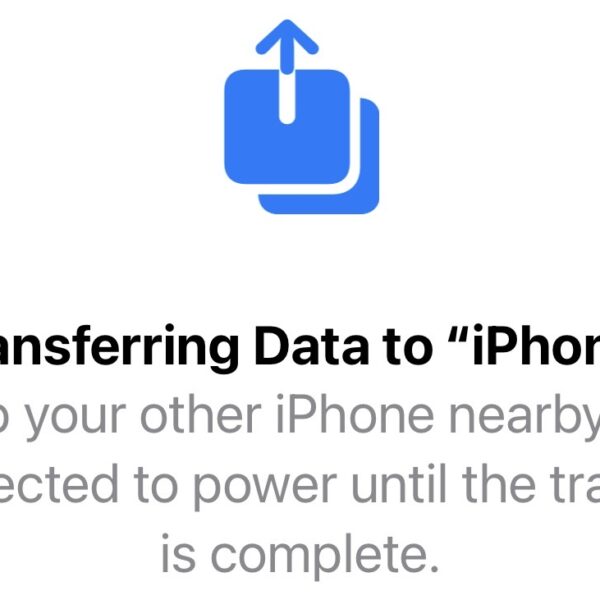https://www.wsj.com/business/openai-oracle-sign-300-billion-computing-deal-among-biggest-in-history-ff27c8fe
https://nvidianews.nvidia.com/news/openai-and-nvidia-announce-strategic-partnership-to-deploy-10gw-of-nvidia-systems
https://www.youtube.com/watch?v=bircUYzIlMg
OpenAI is still trying to maintain its lead in the AI sector. It recently partnered with Oracle on a multibillion-dollar deal and secured a substantial investment from Nvidia. Yet it’s still too early to tell whether OpenAI can reliably sustain its market dominance.
Many people now frame the race in terms of power capacity. The plan is to procure 4.5 gigawatts from Oracle and deploy at least 10 gigawatts using Nvidia chips. Projections suggest the US will need about 92 gigawatts for AI by 2030. That target is achievable, but China could outpace that demand growth for several years running.
Of course, it’s not just about power and hardware. There are many other competitors in the field. Elon Musk is pursuing Grok to challenge OpenAI. Perplexity offers free accounts for 12 months to attract users. Anthropic is providing a 25% discount on subscriptions. Google DeepMind is tackling larger scientific challenges, and there are numerous open-source contenders as well.
There’s a premium attached to winning early market share, but loyalty remains uncertain. Switching costs are relatively low, and alternatives are often of similar quality—differences are frequently subtle enough that users can overlook them. Even experts can struggle to tell which AI generated a given response.
Time and again, we’ve rushed toward early winners rather than building sustainable, long-term platforms. It will take many years to cultivate the next FAAMG-like replacements, and don’t expect any of them to concede the field without a fight.

Leave a Comment